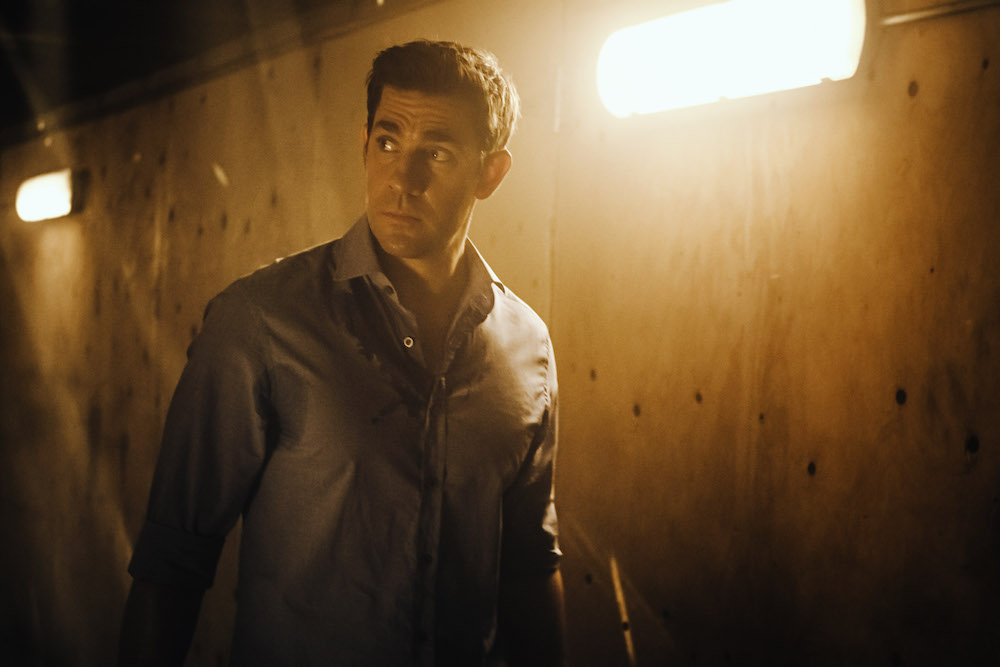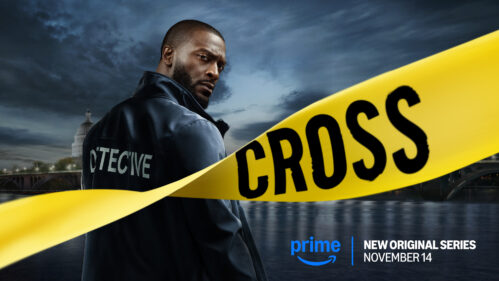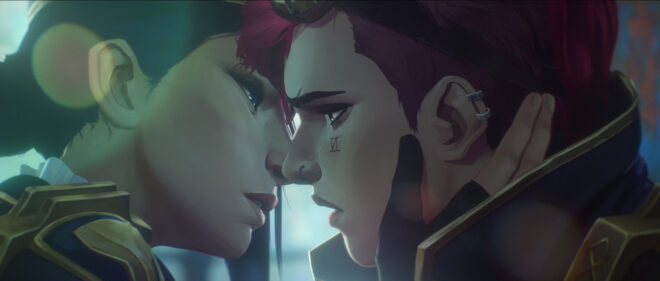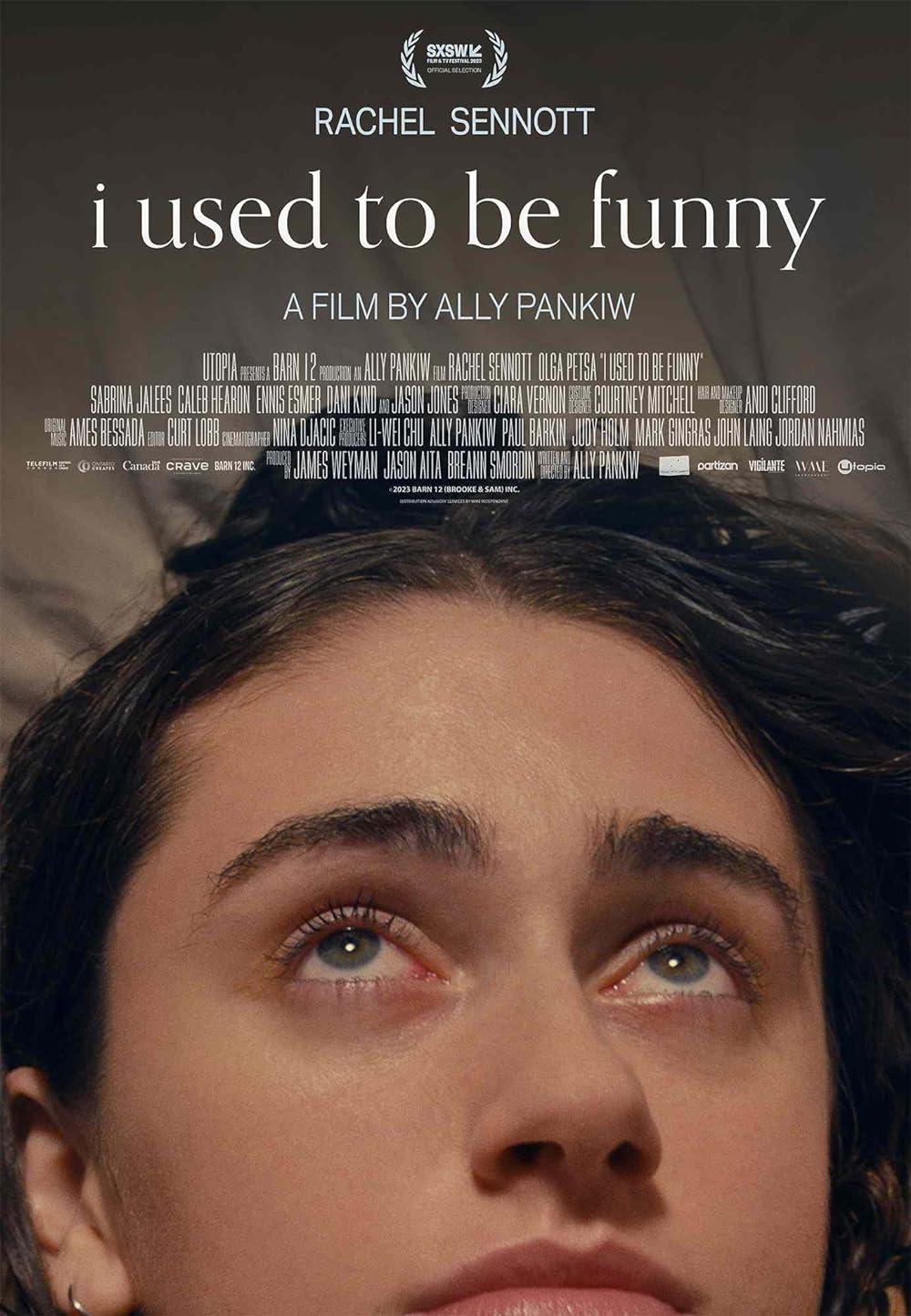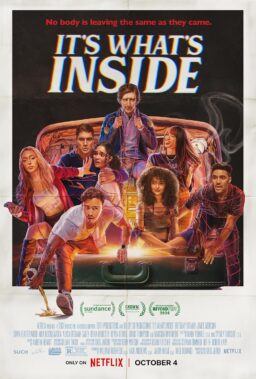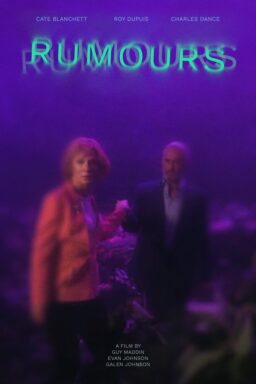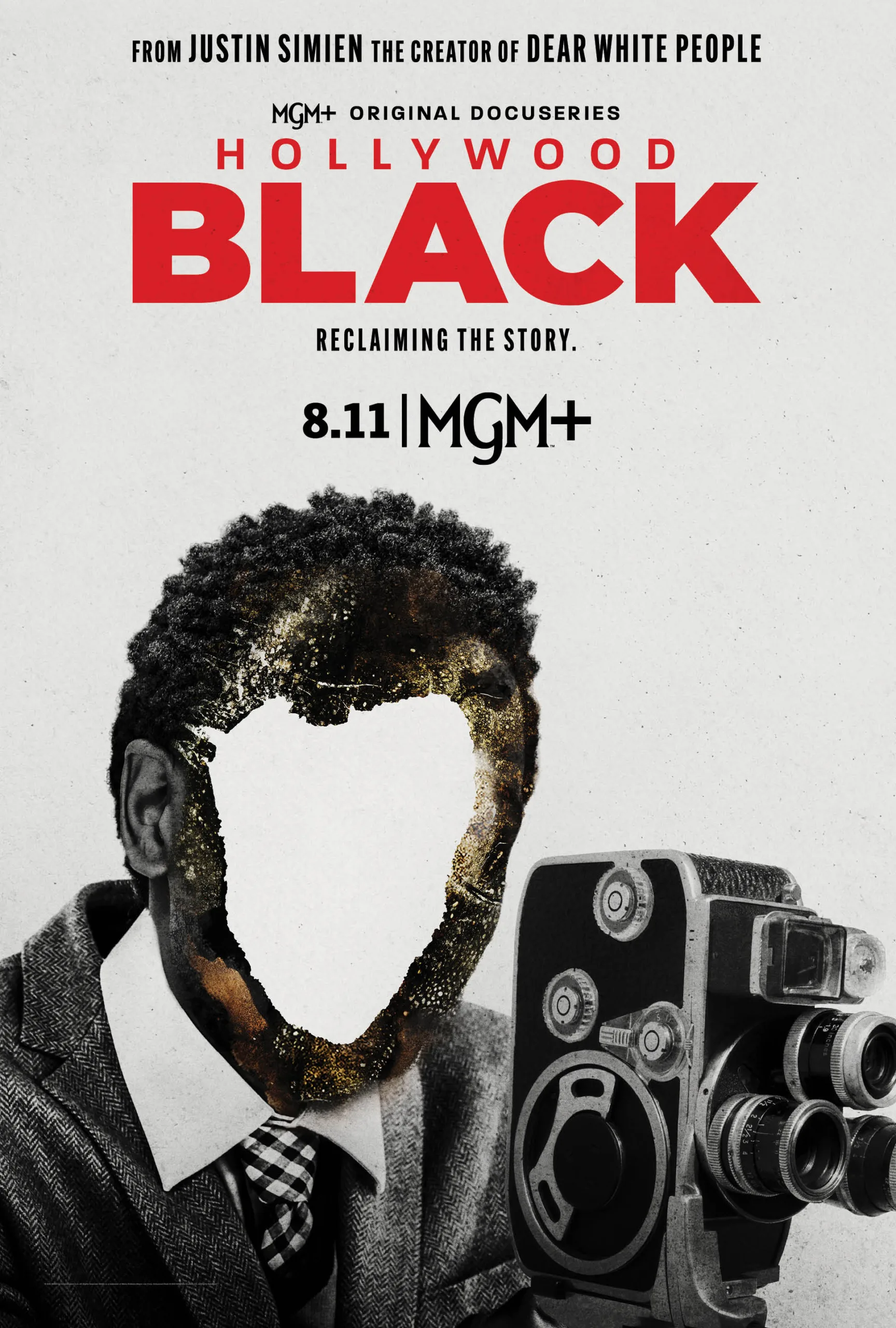I was enjoying my biscuit one evening at a Red Lobster when I received an email from Paramount Television. The producers of "Tom Clancy's Jack Ryan" wanted me to help make their show more sensitive and accurate in its depiction of Muslims.
With my own research on many of the consultants in Hollywood addressing depictions of Muslims, Arabs, and South Asians, it is clear that most do know not much of anything about Islam or Muslims, and/or that most producers do not care. One great exception was Munir Shaikh, who consulted for Jeffrey Nachmanoff's "Traitor," starring Don Cheadle. The strength of that film is in the complexities given to Muslim characters, as well as the authenticity in the small details, making the the movie that much more dramatic. It sounds like common sense, but considering that most Muslim terrorist films tend to be one-dimensional cash grabs, like "Executive Decision" and "London Has Fallen," many producers are ambivalent.
The team for "Tom Clancy's Jack Ryan" was, thankfully, very serious. This should be no surprise, considering that Clancy researched his books to an astonishing level of precision.
In any case, some development executives at Paramount saw me in an HBO documentary, "Homegrown: The Counter-Terror Dilemma." There, I comment on my evolution as someone once planning on joining the Taliban to instead investing myself in a more thorough approach to Islam. In that period, however, I had lost a student and friend who was believed to have joined al-Qa'ida, until we killed him in a drone strike.
Even though my full-time job is as a Muslim chaplain and college professor teaching Islamic studies, Islamic organizations, attorneys, and families turn to me to address Muslim radicalization. I wish it was obvious to more people that the problem of Muslim radicalization is tiny among all the other issues we face in our community, and is tiny compared to the problem of American White Supremacist Christian radicalization: this is a point I make every time I am presenting on the topic before Federal Agents. Where I live in the Southwest Suburbs of Chicago, the Klan is a real threat, not ISIS.
The Tom Clancy novels—and the films and video games based upon them—are among the major works of modern popular culture. The main character in many of Clancy's books, Jack Ryan, is a razor-sharp CIA analyst with boy-scout-level morality who finds himself in the middle numerous international crises. The books are so successful that when he died five years ago, Clancy was worth a third of a billion dollars. It is also a nice coincidence that Clancy was a graduate of multiple Ignatian Jesuit institutions in Maryland, including Loyola High School and Loyola College, as I work at Loyola University Chicago.
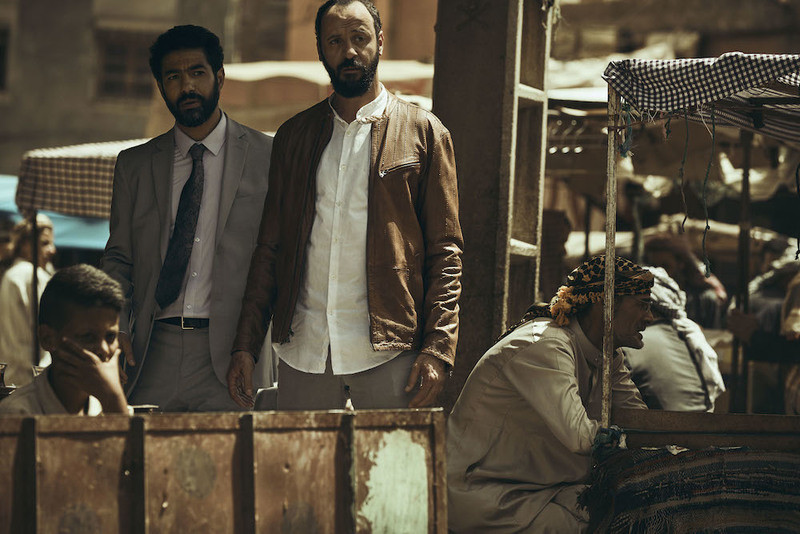
The hardest part of the process for me was the ethical dilemma of working on the project. Regardless of how much impact I would have, the show is still about Muslim terrorists. And regardless of how many people of color—Muslim or non-Muslim—would have strong characterizations, Ryan would still be the proverbial upper class White savior.
As the late scholar of film Jack Shaheen discussed in the documentary "Reel Bad Arabs," the overwhelming majority of depictions of Muslims and Arabs are negative. A few years ago for RogerEbert.com, I wrote a series about the depictions of Muslims in Western Cinema, pointing out that Muslims are either exotic foreigners (played by the likes of Rudolph Valentino), savage terrorists, or simple-minded religious people (like the Arabs in that Tom Hanks movie about Saudi Arabia you can skip). Further, Muslim women in Western pop culture tend to be objectified for their clothing and their desires to be freed from the strictures imposed by Muslim men.
Despite its numerous awards, one of the worst contemporary depictions of Muslims is in the series "Homeland." I was afraid "Tom Clancy's Jack Ryan" would take this direction. "Homeland" is so problematic, falling to the usual simplistic depictions of Muslims as robotic terrorists, that some graffiti artists hired to decorate the show's sets painted (in Arabic) such lines as "Homeland should not be trusted" and "Homeland is racist." To make their point further, they also tagged the walls with jokes, like, "Homeland is not funny," and even "al-watan bateekh" which translates as, "Homeland is bogus."
In Islamic tradition, there are numerous relevant ethical models addressing the questions of being in proximity to power, even though we are talking about a television show, not American foreign policy. The Prophet Muhammad, may peace be upon him, stated that the best jihad is to speak truth to a tyrannical ruler. On his inauguration, his successor Abu Bakr called upon his constituents to correct him when he is wrong.
In another case, 1,200 years ago, the scholar Ahmad b. Hanbal refused to embrace the theology of the Sultan on some abstract secondary matter. Scholars illustrate their integrity in the depth and detail of their scholarship; Ahmad could not accept the leader's conclusions. In response, Ahmad was tortured and imprisoned. In an earlier case, the scholar Malik b. Anas refused to allow his legal texts to be applied as the law of the land, but accepted a position advising the head of state. His logic was simple: the position is already in place and will be filled by someone else less qualified.
The ethics we find in most Hollywood stories and, for that matter, a lot of domestic and foreign policy is the question of the greater good, also framed as the train question. You are riding a train that is about to run over five people, but you have the chance to switch tracks and kill only one person, so which do you choose? Does your answer change if that one person is your baby? The question here is: when is it okay to engage in bad conduct so as to promote good conduct or to prevent worse scenarios? The entirety of "Breaking Bad" has been a reflection on such ethical questions: is it okay to sell drugs to raise money for your family, and if it is okay to sell drugs that wipe out people, is it okay to kill?
On paper, my struggle sounds pretentious, but it was something I had to wrestle with. Considering that I knew most of the options Paramount had, I decided I was obliged to take the position.
So, I signed on.
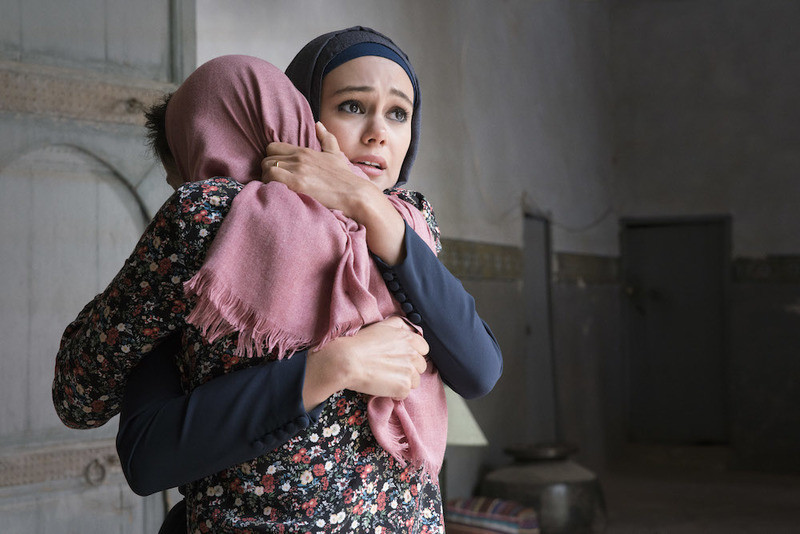
The process of consulting is straightforward and has been the same on the projects I have consulted on since then. They send you scripts or treatments, and you redline them with comments for their consideration. Then you go back and forth online or on the phone as needed. Most of my criticisms in these projects were two-fold.
On the one hand, some of characterizations and plot-lines in early drafts were cliches we have seen many times. But the producers in general, and Graham Roland in particular, were very sensitive to my comments and made changes accordingly.
A large issue relates to the motivations of Muslim terrorists, which are so misunderstood that—except for scholars and researchers of the subject—almost everyone from Hollywood to Washington D.C. misses the point. My hope was for a depiction of terrorists with a history and vision that has historical legitimacy and makes sense. Terrorists engage in savagery for multiple reasons, including the desire to respond to savagery. University of Chicago professor Robert Pape has argued in such works as Dying to Win: The Strategic Logic of Suicide Terrorism that so-called terrorists have rational, secular political goals, even when they use the language of religion.
Now, imagine you are writing a story of Jack Ryan, or for that matter, Indiana Jones, Ethan Hunt, or James Bond fighting terrorists. What would they be like? In most cases, it would be a single-dimension combination of theology, political triumphalism, and rage. In Washington, it is still common to use Cold War tactics, relevant for Nazis and Soviets, to study Muslim terrorists, freedom fighters, and other non-state actors. In Hollywood plots, we find the same forms more often than not, even though such Muslim groups like Boko Haram fit the mold of Chicago street gangs like the Gangster Disciples or the Latin Kings better than the mold of the Weimar Republic. The main problem, however, is the lack of dimension and the surplus of savagery.
In the last two "Mission: Impossible" movies, the villains were political idealists. ISIS frames its language as such, adding messianism to make the point that they are not only Divinely sanctioned, but destined. The Mahdi Sanusi leader of the Sudan, the subject of the film "Khartoum" with Charlton Heston as a British General and Laurence Olivier in Blackface, followed this model, with a few beheadings along the way.
Al-Qa'ida is different, a bit like the villains in many of the post-Soviet Bond films who are upset. But neither Osama b. Laden nor his then-deputy Ayman al-Zawahiri are known for any substantive Islamic knowledge. Bin Laden's original drive was a grievance: he claimed offense over American troops in the Arabian Peninsula, as though that presence of Christians and Jews was a betrayal of Islam. He seemed not to mind the presence of Bechtel and Aramco for decades prior, or the communities of Jews in Yemen for 1,000 years before and after the early period of Islam.
The Taliban are also different. We know them as brutal misogynists, yet we only seem to care about Afghan women when the Taliban are in power. They saw themselves, however, as peacekeepers in a land of chaos. Without sugarcoating anything about their ultra-conservative approach, my interest was not in picking up a gun. It was in being a type of Thomas Jefferson among the Federalists, working to design and organize a postmodern nation from its infancy. In contrast to Jefferson, that younger version of me hoped that this nascent polity would not need a genocide to implement its vision. The Taliban were in reality, however, the equivalent of first-year medical students performing heart surgery: they were young seminary students trying to force peace across the country, getting handed the keys to the kingdom. Meanwhile, the Pakistani Secret Service (ISI) next door and our American multinational gas companies like Unocal had varying plans to exploit their naivete.

Now, if you understand these three models, merge them in a complex process and you will understand the ideas I proposed for the villains of "Tom Clancy's Jack Ryan." My conversations with the producers included much of the above, as well as references to everything from the clash between Jean Valjean and Inspector Javert of "Les Miserables" to Muslim folk tales. My point is that terrorists are a lot more interesting as characters and plot-devices than we might realize.
Although I have not been back to Red Lobster since then—I'm more Team Long John Silver's than Red Lobster—I have been contacted for quite a few other projects that will hopefully have their own positive results. Stay tuned. I still wish, however, that the Muslim characters did not need guns.
To read our review of "Tom Clancy's Jack Ryan," click here
To read our review of the new 5-film Jack Ryan 4K Blu-ray package, click here

